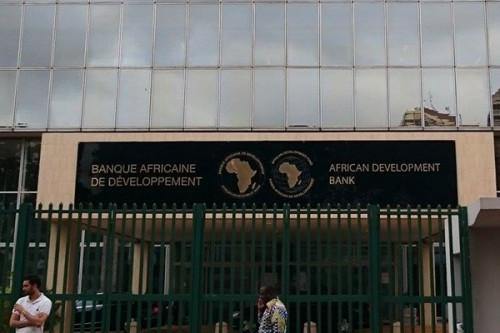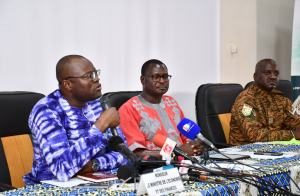Burkina Faso: The AfDB approves a $39.2 million loan to the country

In July, the African Development Bank (AfDB) Board of Directors approved a $39.2 million loan to Burkina Faso, aiming to support the implementation of the Multisectoral Project for Skills Development and Resilience.
This initiative comes at a crucial time for a country grappling with a multifaceted crisis marked by increasing insecurity over the past decade.
Amid economic and social challenges, prioritizing projects that foster skills development and resilience among the population has become more urgent.
The approved $39.2 million loan is anticipated to have a significant impact on the ground.
The AfDB’s approval of this loan is a proactive response to the pressing challenges facing Burkina Faso.
By supporting skills development and strengthening the resilience of the population, this multisectoral project plays a vital role in promoting stability and economic growth in a context of security crises.
The success of this initiative could serve as a model for other African countries facing similar challenges.
This funding aims to address both immediate and long-term needs by improving the employability and productivity of Burkina Faso’s workforce.
The project is expected to enhance vocational training programs, facilitate access to education, and support initiatives that build economic resilience in communities affected by insecurity.
In addition to direct benefits for the people of Burkina Faso, the project reflects the AfDB’s broader commitment to fostering sustainable development across Africa.
The bank’s focus on multisectoral approaches highlights the interconnected nature of development challenges and the need for comprehensive solutions.
As Burkina Faso continues to navigate its complex socio-economic landscape, the support from the AfDB represents a significant step towards achieving greater stability and prosperity.
The impact of this loan, combined with effective implementation of the project, holds the potential to create lasting positive change for the country’s future.
Olivier TOE











